From genomics breakthroughs to tracking Amazon fires: Flemming Awards turn spotlight on federal scientists
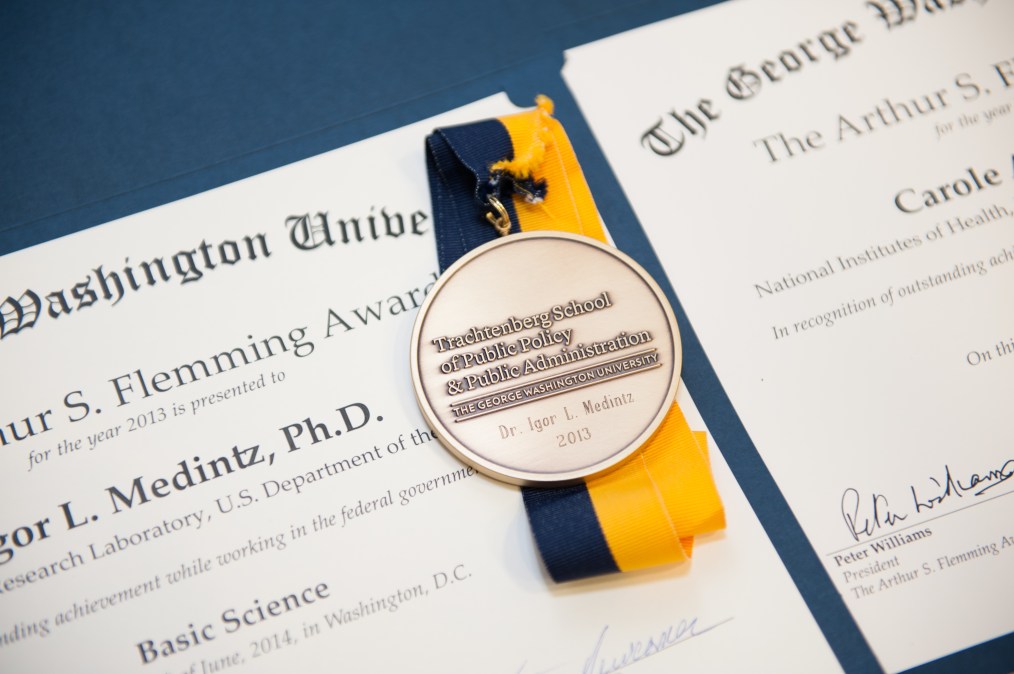
In a crowd of somewhere between 150 and 200 scientists working together to develop a tool that would enable researchers to identify genes and genetic variations that impact health and disease, Dr. Charles Rotimi came to a fairly jarring realization.
“I noticed that in the” room that day, there were “maybe one or two persons that [looked] like me,” he said. “And that observation stayed with me … for a very long time.”
A native of Nigeria who came to the United States in 1982 to earn a master’s degree in health care administration from the University of Mississippi and later a doctorate in epidemiology from the University of Alabama-Birmingham School of Public Health, Rotimi’s experience that day, years ago, working with other scientists on the International HapMap Project wasn’t the first time he became aware that he was an underrepresented minority in his chosen field. But the experience did inform his subsequent work to democratize genomic medicine, paving the way for new disease and therapeutic discoveries with a specific focus on Africa.
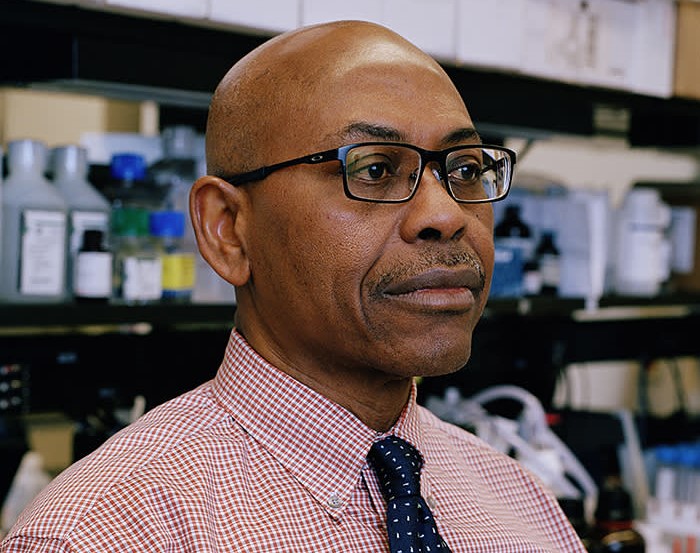
Rotimi, a distinguished investigator and scientific director with NIH’s National Human Genome Research Institute, will be honored for that work Wednesday along with 11 other federal workers across various scientific and leadership fields at the 75th annual Arthur S. Flemming Awards. Presented by George Washington University’s Trachtenberg School of Public Policy and Public Administration, previous honorees include Dr. Anthony Fauci, Neil Armstrong, Dr. Robert Gates and Elizabeth Dole.
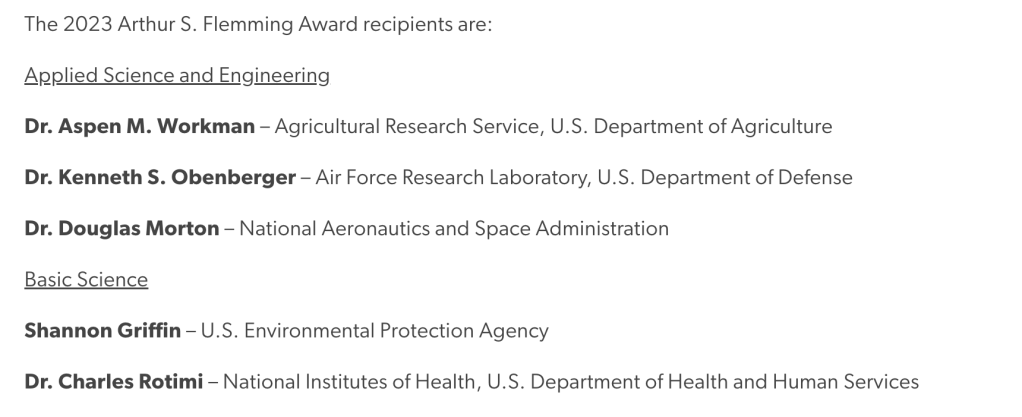
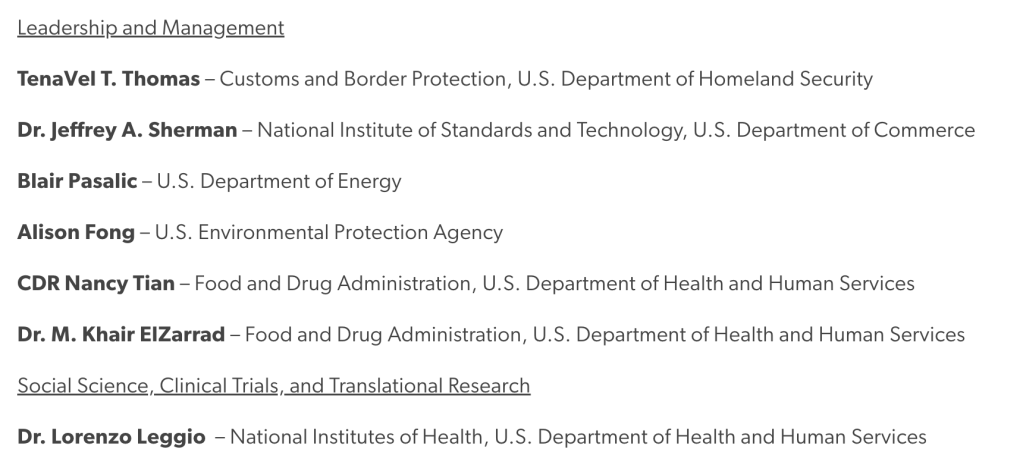
For Rotimi, the award feels “like a lifetime achievement” for his transformative global work in genomics, particularly as it relates to engagement with his home continent. When he finished his degree at Ole Miss, Rotimi returned home to Nigeria and was unable to find a job.
“Yes, it’s good to train an African scientist, but you should realize that the more you train an African scientist without creating the infrastructure, the more you make them incompatible with that environment,” he said.
When he came back to the U.S., Rotimi did everything he could to create that infrastructure, a move that ultimately led him to form Human Heredity and Health in Africa, or H3Africa, an organization that “empowers African researchers to be competitive in genomic sciences, establishes and nurtures effective collaborations among African researchers on the African continent, and generates unique data that could be used to improve both African and global health.”
Rotimi has also advanced his cause by joining a team of scientists leading an African genomics “moonshot” project. With the Genomic Centers of Excellence, Rotimi and his colleagues are working to reduce global health inequities by establishing between eight and 10 genomic research centers across Africa.
“I tapped into that experience of making sure that we don’t only just do the next project, [but] that we created a lasting legacy,” Rotimi said. “So … we were able to develop [a] bioinformatics network across the whole continent, and then we engaged over 50 investigators across the continent. And also now we’ve enrolled over 100,000 Africans as part of genomic projects, which is … making a huge difference in the industry.”
Dr. Douglas Morton is also being honored at the Flemming Awards this year for making a huge difference — albeit in a very different field. A longtime physical scientist at NASA, Morton developed and launched a tool that uses satellite data from the space agency to track fire activity in the Brazilian Amazon.
Morton started the Amazon Dashboard — which provides real-time data on deforestation and forest fires to firefighters, area fire managers, scientists and the public at large — in 2019 in the wake of an uptick in deforestation in the rainforest.
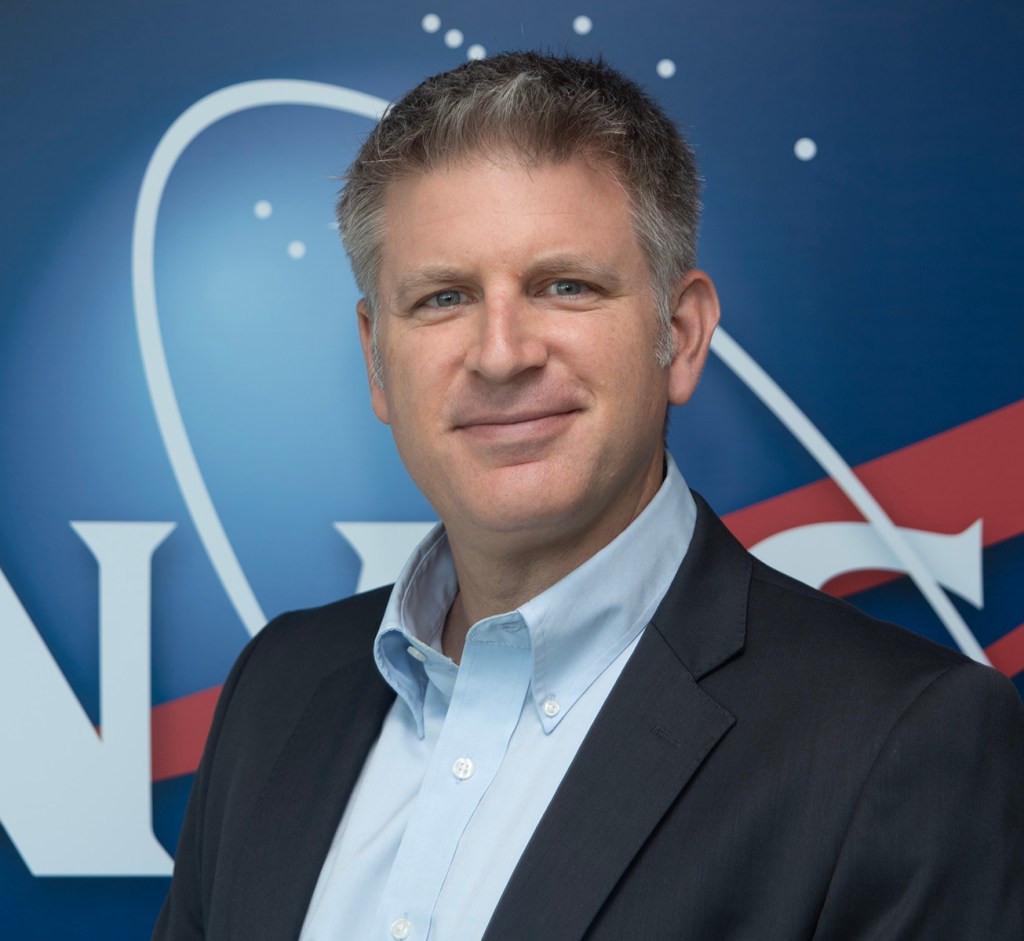
That year, in the middle of the dry season, a group of ranchers coordinated over social media to simultaneously set fires to clear areas of land — an action that resulted in “massive amounts of smoke that drifted all the way south to major population centers like Sao Paolo and Rio,” Morton said. NASA had satellite information that was able to pinpoint where the fires were started and who was behind them, providing clarity during a “contentious” political time in the area where there was plenty of “finger-pointing.”
“And so that was really the motivation for us to bring this to light,” Morton said, “to make sure that we were taking full advantage of the capabilities we have in orbit and providing an open, transparent and accountable kind of assessment of what kinds of fires were burning in which parts of the Amazon and what the emissions from those fires would be, essentially how much of the smoke problem thousands of kilometers away from the Amazon was attributable to deforestation versus other kinds of fires.”
Morton’s efforts align with NASA’s overarching mission to better understand Earth’s changing nature — and the project has proven especially critical in aligning with that mission over the past two years. In 2023 and 2024, El Nino resulted in extreme drought conditions in the Amazon, leading to “some of the largest fires we’ve ever mapped,” Morton said. In the Bolivian Amazon, there have been “probably the biggest fires no one in the world has ever heard of,” but that NASA has tracked through the dashboard.
“This is an area where NASA’s resources are coming to support the needs of the local groups and communities, but also in terms of our global understanding of our changing planet,” Morton said. “And so I think if there’s anything there, it’s that this work is the culmination of a long investment on my part and others in terms of the ability to jointly develop tools to help monitor resources in another part of the world that can really only be done with the satellite perspective.”
Neither Morton nor Rotimi pursued science careers with federal agencies in the hopes of great notoriety — but both said they’re extremely honored by this recognition and grateful to have been able to dedicate their lives to better the world through government service.
“I really do fully appreciate being … recognized in this manner,” Rotimi said. “And I’m very proud to be a federal scientist, a federal employee that does science in a way to benefit everybody, not just in the United States, but globally.”



